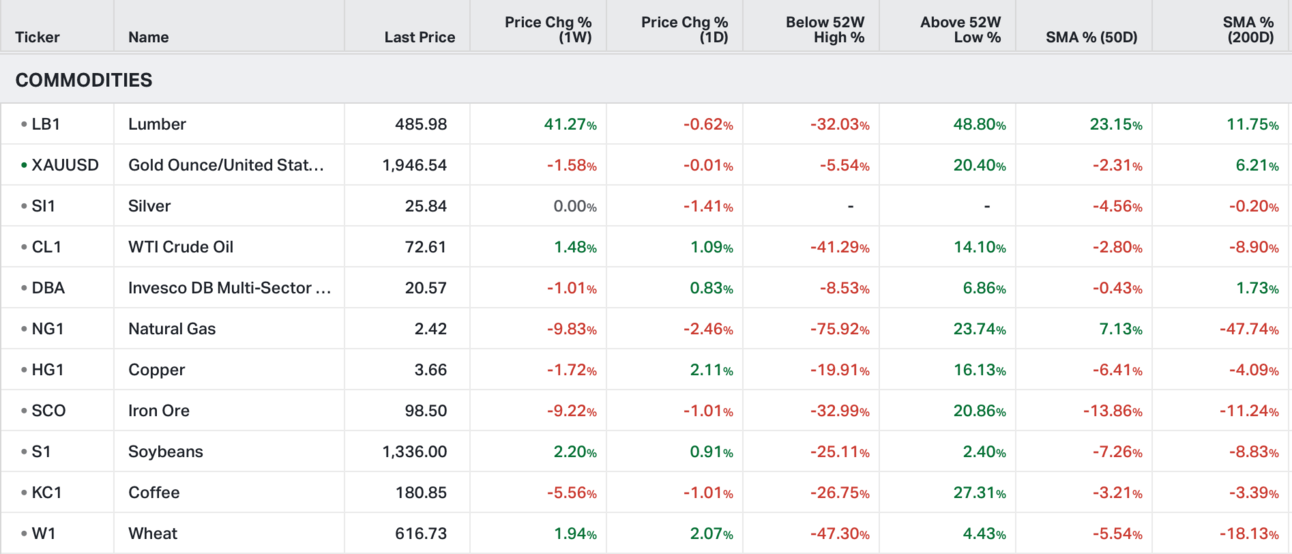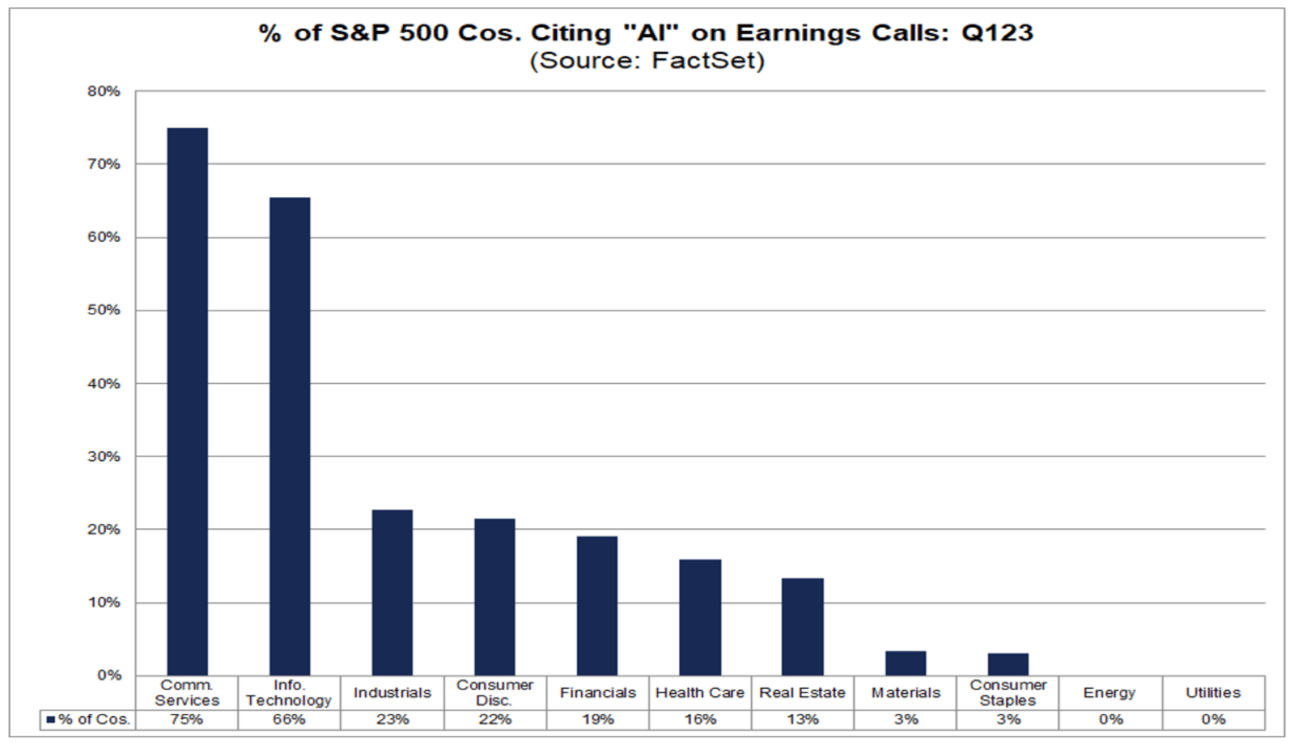Welcome to another issue of the Weekend Edition.
Thank you to all who’ve read and welcome to all the new subscribers this week!
Here’s what we cover:
Market Recap - Debt Ceiling deal reached
Macro - What happens after the debt ceiling deal?
Earnings - AI!
The Week Ahead - Economic & Earnings Calendar
Closing Thoughts - Recession still on the cards
Let’s dive in ⬇️
Market Recap - 22 May - 26 May, 2023 📉📈


We’ve had quite a week with the Debt Ceiling debate and Nvidia earnings leading tech higher. So much so that even a hotter than expected inflation number didn’t deter the market for too long. The Nasdaq-100 is now very close to its 52-week high, below the mark by only 0.25%.
The debt ceiling issue now has somewhat of a resolution. An initial deal was reached yesterday, and the debt ceiling suspended until 2025. A few agreements reached:
Non-defense discretionary spending roughly flat next year and rise by 1% in 2025 before caps removed in 2026.
Spending on defense and veterans will rise in-line Biden's budget request
Roughly $29B in unspent Covid aid funding was rescinded and $20B cut from IRS funding for enhanced tax enforcement.
Increased age-related work requirements from 49 to 54 for the SNAP benefit benefit programs with waivers for veterans and the homeless, but no additional requirements for Medicaid.
New rules to ease permitting around energy projects but clean energy tax incentives remain.
Macro - The Debt Ceiling - What Happens Next? 🌎
Now, that there’s some sort of agreement in place, what’s next?
The plan is for a house vote on Wednesday and the decision needs to be made by June 5, which is the new X-date set forth by Treasury. The consensus is that an agreement will be reached
The market may have an initial positive reaction to the news but, it may not for long. We've discussed this extensively on previous posts and our podcasts. Here is a further recap:
Fiscal measure to be applied from Oct 01. While there is not massive cut, holding the spending constant may also lead to a decline in GDP.
The treasury issues debt to pay their bills. The amount of debt to be immediately issued in the weeks following the debt ceiling deal is $700B. Most of this will go towards paying bills. A total of $1.2 trillion will likely need to be issued before Oct 1, 2023 to settle up the bills before the new fiscal year begins for the Government. Mayhem wrote an excellent Twitter Thread on this last week as well. https://twitter.com/Mayhem4Markets/status/1660871742183690241?s=20
The issuance of treasury debt as you've heard will mean a decline in liquidity in the market. A big driver of the bear market rally since January has been liquidity coming back into the system. We're likely to see the opposite effect now.
With the Federal Funds rate at 5-5.25%, the yield on these treasury issuances will likely have to be higher to attract demand. The higher rates and the level of supply will push down bond prices.
We’re also likely to see the US Dollar move higher, as people demand more dollars to buy the debt, including any international participants.
The change in work requirement for SNAP benefits could affect up to 1 million households1 and this may affect basic spending.
Student Loan repayments resuming will mean discretionary spending also declines. Hegdeye put out a fantastic slide on this showing roughly 2/3 of Real PCE growth over the past year has been attributed to the pause Student Loan Payments.

Earnings - Highlights 📝

Here’s the FactSet Summary for the Week:

The blended earnings decline for the week improved yet again from -2.2% to -2.1%.
While we had several retailers report this week, the major focus was on NVDA with their guidance of $11B in revenues for next quarter, where they delivered $7B this quarter. That’s an expected increase of 57%. Much of this is being driven by the AI frenzy.
Companies are certainly taking advantage of this. 110 companies or ~23% of the companies that have reported have cited AI at least once on their earnings call.

At a sector level, it makes sense for most tech companies to discuss AI but, interestingly enough, we also had real estate, materials and consumer staples companies discuss AI. It would seem riding the trend has been paying off, in many of the circumstances.
The Week Ahead 📅
Earnings Calendar

Economic Calendar in Eastern Time

Closing Thoughts - Recession still on the cards
Market breadth still remains weak. The leadership is mainly in tech and focused on AI. While AI might eventually be a source of innovation, and there could advantages to it, this bullish sentiment is overblown and it won't be able to prevent a recession.
We're still going through an earnings recession and despite the recovery in earnings forecasts that companies are making for the second half of the year, we think that earnings results will be lower.
The decision with the debt ceiling now will certainly change market sentiment and dynamics and the limits to government spending will likely be a negative catalyst for GDP growth. Most analysts and economists are predicting a recession by the end of this year and therefore, also that the Fed may cut rates. We believe this is much too optimistic at this stage.
Here’s wishing you safe investing.
Please take a moment to share and subscribe, if you found this newsletter useful.
Sincerely yours,
Ayesha Tariq, CFA
There’s always a story behind the numbers.